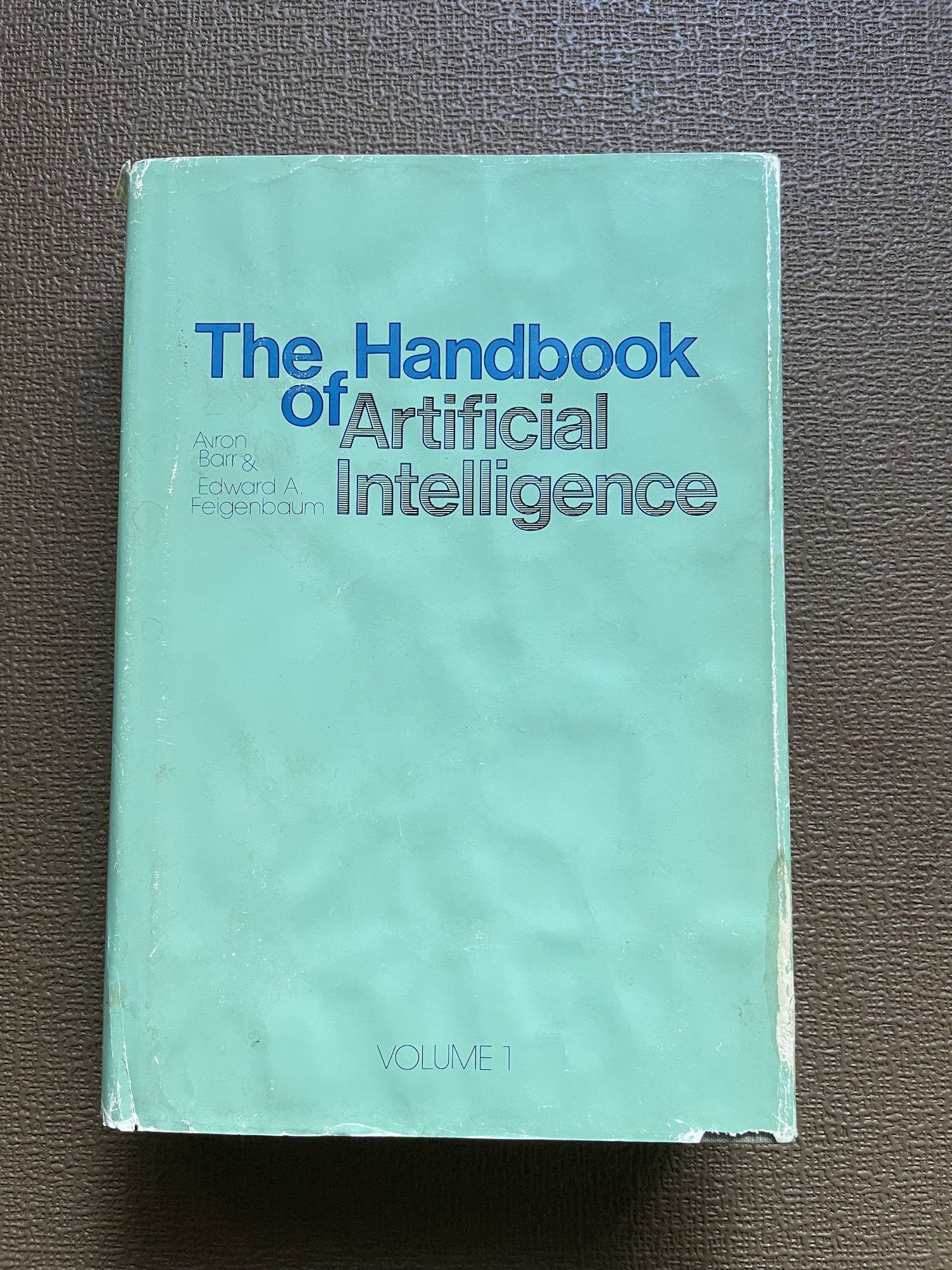
Fun people that we are at Pelidum, we decided to do some ad hoc research in the EU Statement of Reasons Reporting Hub. Platforms are obliged to transmit Statements of Reasons to the hub in real-time. For most intents and purposes, Statements of Reasons are the notifications that uploaders receive when their content is moderated. A handful of trends caught our eye:
Partial vs full automation
Some platforms, such as TikTok or Google show a classic breakdown of 90% - 10% of fully automated to non-automated actioning. The Meta platforms, along with Pinterest, classify almost all of their moderation as partially automated, with relatively little being fully or non-automated. YouTube is an outlier with over 50% of its enforcement classed as non-automated.
It’s very hard to say what is at the root of these divergences. Either they are taking fundamentally different approaches to moderation, or they are labelling things differently.

Language breakdown
In Q4 2023, German was the most prevalent language of SORs, followed by English. In Q4 2024, this flipped, with English surpassing German by about 60%.
The use of English as a lingua franca within the EU has not greatly changed since 2023: it is as strong now as it was then. Our hypothesis is that the predominance of English has been more greatly reflected as more platforms have begun transmitting their SORs. It is also possible that some content is posted in English but viewed by users in local languages, such as on online marketplaces.

Volume increases
We also see a 250% increase in the volume of SORs transmitted to the reporting hub between Q4 2023 and Q4 2024. The explanation here is likely quite simple: platforms gradually ramped up the transmission of SORs to the reporting hub, and it likely took some time to fully scale up this operation.

SOR categories
SCOPE_OF_PLATFORM_SERVICE remains the most frequently used SOR category, rising from 80% to 89%. In Q3 2023, ILLEGAL_OR_HARMFUL_SPEECH was the next most frequent category, followed by UNSAFE_AND_ILLEGAL_PRODUCTS.
In Q4, however, these two categories switched places, with UNSAFE_AND_ILLEGAL_PRODUCTS taking second position. Our hypothesis is that this reflects more marketplace platforms coming on line.

Final thoughts
We are only skimming the surface of what the SOR hub is telling us and we could dive into a lot of rabbit holes in this data.
Data is key to any Trust & Safety outfit and at Pelidum, our Data Analytics tools are created by and for Trust & Safety professionals. If you need a hand capturing the signal from the noise, we’d love to talk.
Send us a message, or get in touch with our CTO, Mike Castner directly.
Interested in learning more?
Book some time with us for more information on what we do and how we can help your organisation






